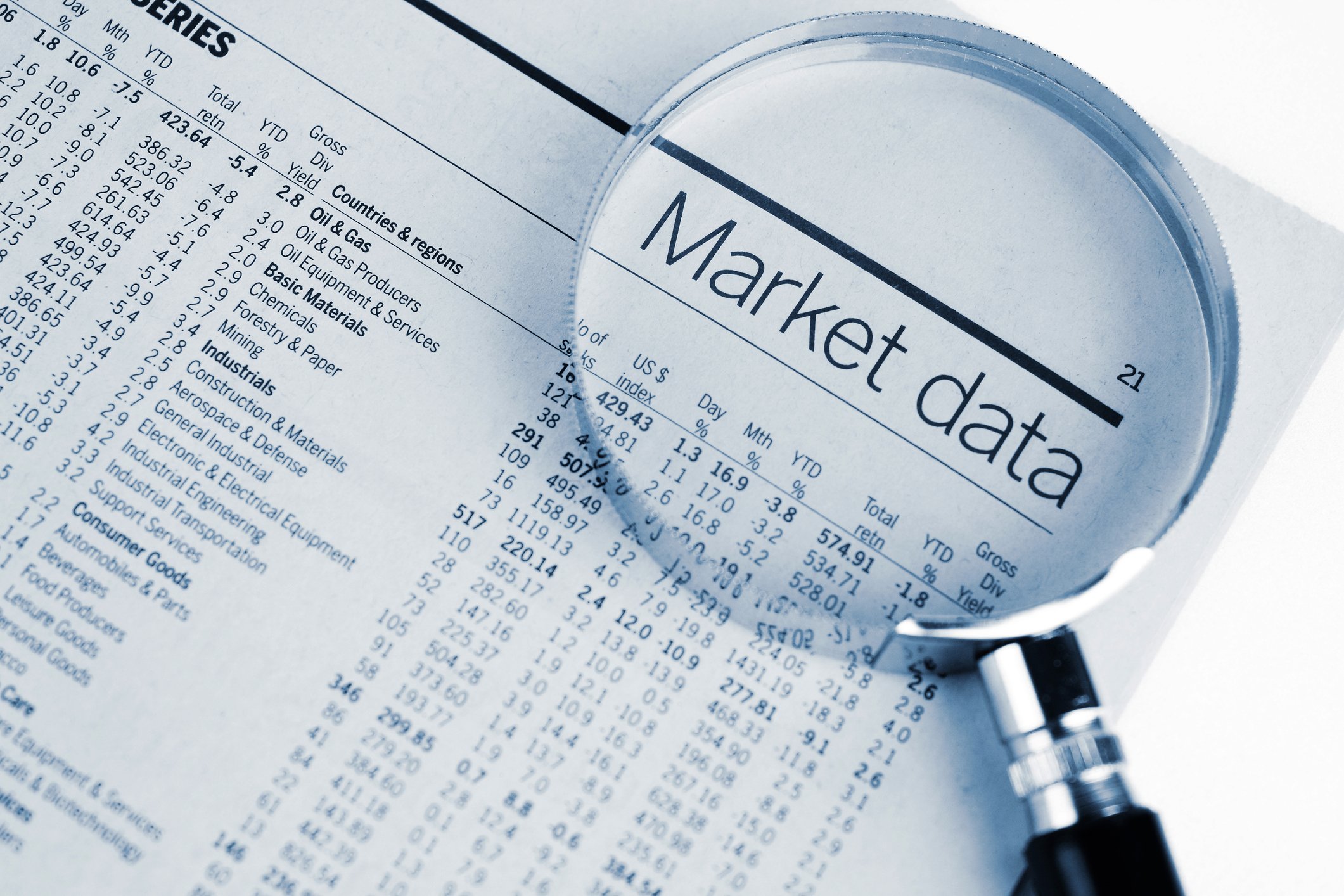
IMAGE SOURCE: GETTY IMAGES.
If you're getting a tax refund from the IRS this year, you might not want to rush out and spend it on a shopping spree. Instead, using your tax refund to improve your financial security might be the best reward you can give yourself. Wondering what to buy? Sit back, settle in, and see why these five investments could be the most profit-friendly moves to make with your windfall.

IMAGE SOURCE: MICROSOFT.
Own a piece of a tech titan
When Bill Gates started Microsoft (MSFT +0.28%), he might've had an inkling that he was on to something big, but it's hard to imagine he thought his new company would make him one of the richest people in the world.
Microsoft has remained the undisputed champion of desktop and laptop software for decades, but it's fast transitioning itself into a next-generation powerhouse. Its popular Office software (including Word, Excel, and PowerPoint) is being used by millions of people online, which is driving significant growth in cloud revenue. Server solutions that combine on- and off-premises tools, the integration of LinkedIn, and of course, online gaming via Xbox Live are all potential reasons why Microsoft could be a rewarding stock to buy.
Still unconvinced? Don't forget that Microsoft's dividend yield is a healthy 2.4%.

IMAGE SOURCE: GETTY IMAGES.
Think global
Given all the anti-trade talk during the U.S. presidential campaign, it may seem counterintuitive to want to invest outside America. However, now could be the perfect time to look beyond America's borders to some of the world's fastest-growing markets.
Campaign rhetoric has fueled a big run-up in U.S. stock markets. But foreign markets have moved up less, and because they're out of favor, there may be bargains to buy -- especially since regions like Asia continue to grow more quickly than the United States. For example, China is aiming for 6.5% GDP growth in 2017, and that's two to three times better than the outlook for the U.S.
If you're interested in this contrarian idea, consider avoiding individual stocks, and buying the Vanguard FTSE Emerging Markets ETF (VWO 0.04%). It's got a rock-bottom expense ratio of only 0.14%, and it owns over 4,200 companies. Currently, its biggest bets are financials and technology, and 26% of its assets are invested in China.

IMAGE SOURCE: GETTY IMAGES.
Drilling up dividends
It's hard to imagine, but through all of the ups and downs of the energy market, ExxonMobil (XOM 0.17%) has still boosted its dividend payout to investors in each of the past 34 years. In each of the past three years, the company has increased its dividend in the second quarter, so another increase could be coming soon. Currently, shares yield 3.7%.
Yes, oil and natural gas prices remain well off their highs because of a glut caused by U.S. shale production, but a lot of that production is profitable at current prices. And even when it isn't profit-friendly, ExxonMobil's refining, chemical, and retail businesses still help insulate it from losses.
Overall, if you're looking to invest your tax refund in a dividend stock that can benefit from global economic growth, ExxonMobil's tough to beat.

IMAGE SOURCE: GETTY IMAGES.
Bet big on America
If you're convinced the U.S. is the place to be, then investing your tax refund in the S&P 500 might be your single best choice.
The index is comprised of America's biggest and most profitable companies, and because many of those companies pay dividends, investors get rewarded with a steady stream of income. Importantly, buying the S&P 500 gives you instant diversification across the U.S. market, including financials, healthcare, and energy, without you having to pick and choose winners.
Admittedly, the S&P 500 has had a big run-up since last November, but buying the index has panned out over the long haul. If your investment time horizon is measured in years, not days, then consider the Vanguard S&P 500 ETF (VOO +0.33%). Its expense ratio is an impressively low 0.05%, and that means more of your refund gets put to work for you.

IMAGE SOURCE: GETTY IMAGES.
Baby-boomer benefits
Shares in top-notch healthcare stocks haven't rallied as much as other companies since the election because of fear over price controls, but that could be creating a great opportunity to cozy up to top stocks like Celgene Corp. (CELG +0.00%) that benefit from rising demand tied to aging baby boomers.
Celgene is best known as a leader in treating blood cancer, including multiple myeloma, but it's also having success marketing medicine for other indications. For example, its Otezla is one of the fastest-growing drugs used to treat psoriasis, a common skin disease. Positive results in recent studies may mean it has a drug on the market soon for multiple sclerosis, too.
Management thinks sales can grow more than 50% and earnings can nearly double by 2021. If they make good on that forecast, Celgene could be the healthcare stock to own in the coming years.










